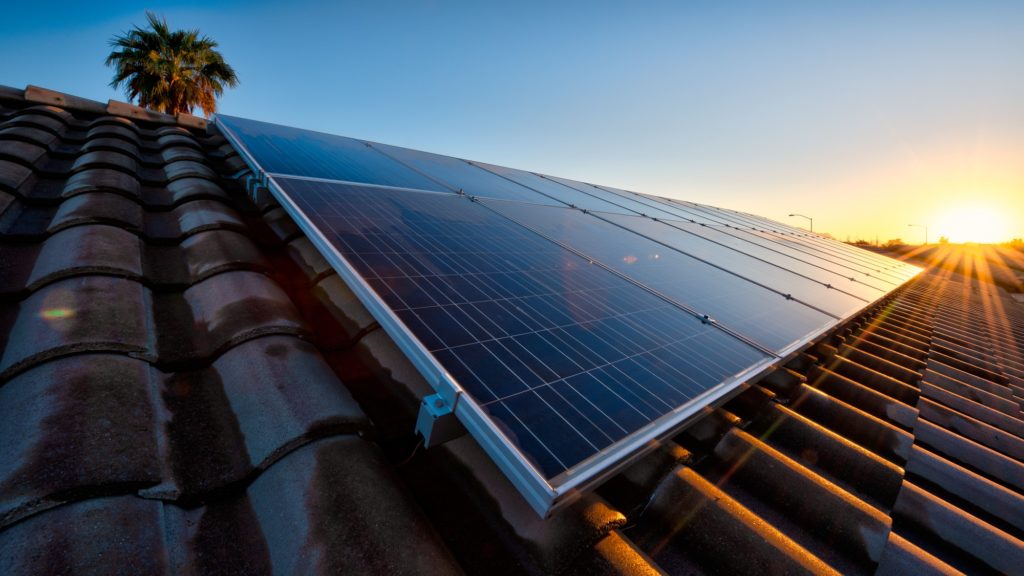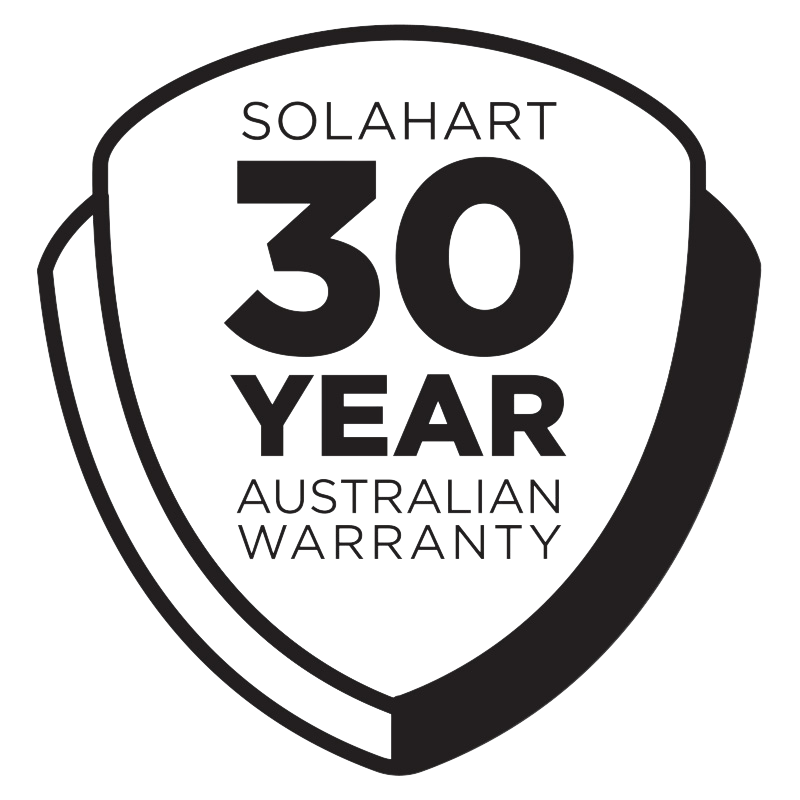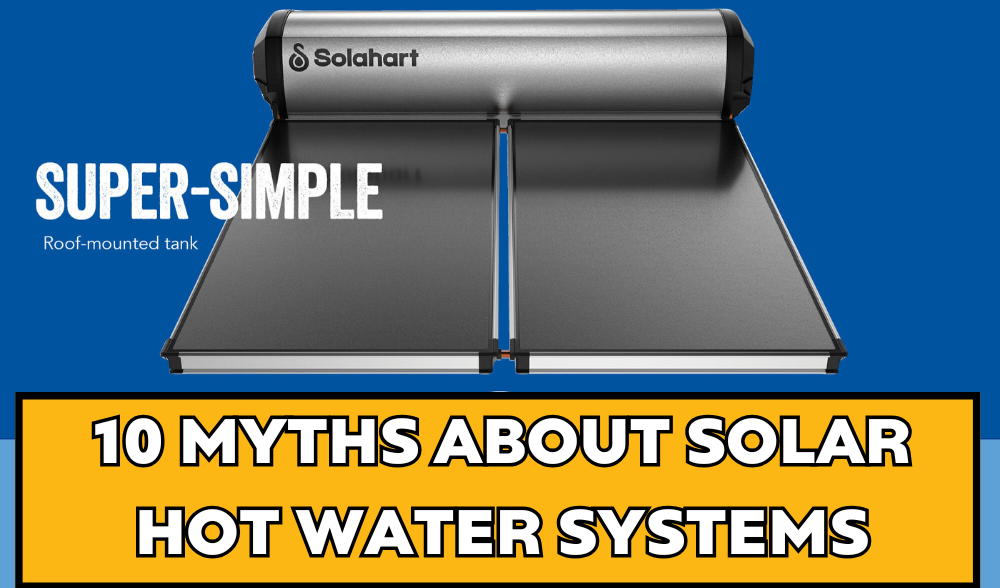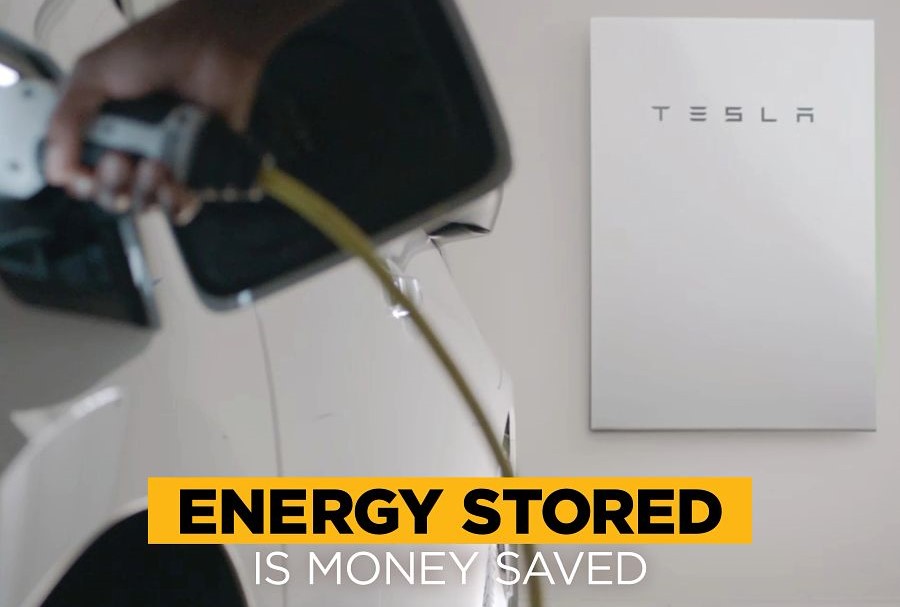Investing in solar energy is an excellent choice for reducing your carbon footprint.
It’s also a great alternative to traditional forms of power because it’s reliable and cost-effective.
However, the cost of a solar power system can be daunting to many homeowners.
Still, there are many ways for homeowners to reduce the costs associated with installing a solar system on their property, and it doesn’t take too much time to do this yourself.
In this blog post, we will discuss nine tips for reducing the cost of your solar energy system.
1. Focus on Energy Efficiency
Solar energy system size is primarily determined by the amount of energy you consume at home.
Homes that are more energy-efficient use less power and therefore need a smaller solar power system.
Therefore making your home more energy-efficient is one of the best ways to reduce the cost of installing a solar power system.
You can do many simple things to make your home more efficient, such as replacing all light fixtures with LEDs or CFLs for lower electricity bills.
2. Determine How Much You’re Willing to Spend on Solar Panels
The price of solar energy systems varies depending on the quality and brand of the panel.
Some solar panels are more costly than others, but they also produce more electricity.
If you’re looking to reduce the cost of your solar system, it’s crucial to find a balance between quality and affordability.
It’s also essential to determine how much you’re willing to spend on solar panels upfront, as this will help you focus your search for a system.
3. Research Local and State Tax Credits for Solar Installation
Solar panels are expensive, but they can be made more affordable through state and local tax credits.
Many states offer tax incentives for installing solar power systems on homes or businesses because the benefits of clean energy go beyond simple economics.
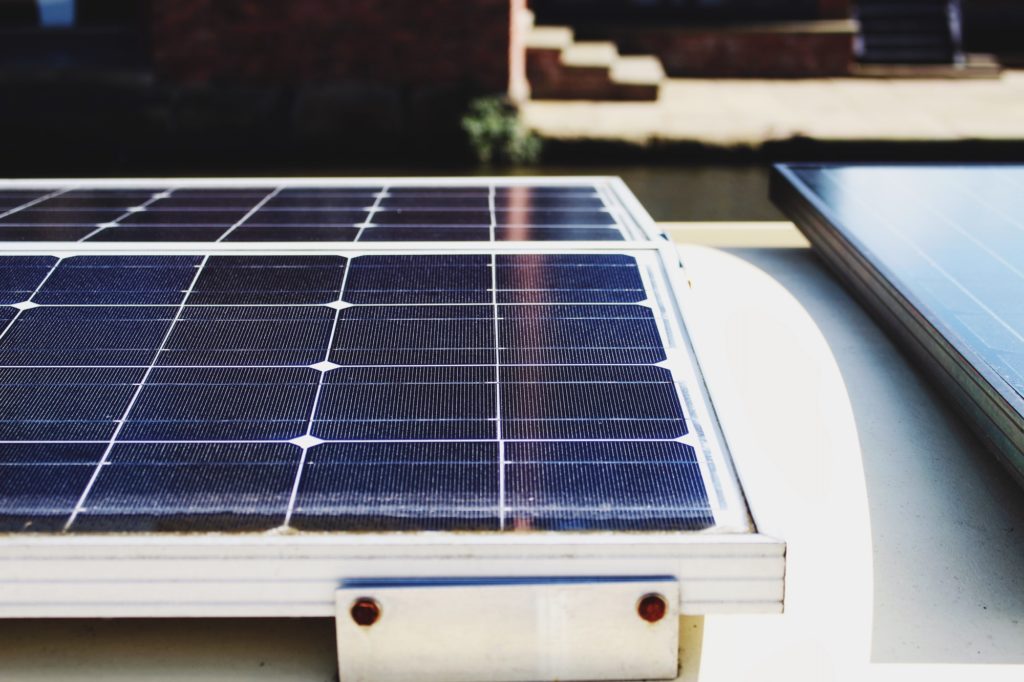
Find out if your state has any available tax breaks that you could take advantage of to reduce the cost of installation.
4. Calculate Your Roof’s Potential for Generating Solar Power
Before you can go solar, it’s essential to determine how much power your roof can generate. Both the size and orientation of your home will significantly affect its energy production.
If possible, get an assessment performed by a professional.
By doing this, you can avoid installing too many panels or underestimating the size of the system appropriate for your needs.
5. Find Out if Any Utility Companies in Your Area Offer Rebates or Incentives for Installing a Solar Panel System
Many utility companies offer incentives and rebates for customers who choose to go solar.
The most common is net metering, which allows homeowners with solar panels to receive a credit on their power bill every month.
If you’re thinking about going solar but don’t know where to turn, contact your local utility company and see if they offer any incentives that could reduce the cost of your solar energy system.
6. Compare the Costs of Different Types of Panels
There are many types of solar panels on the market, and each has its advantages and disadvantages.
“Making your home more energy-efficient is one of the best ways to reduce the cost of installing a solar power system.”
Therefore, it’s important to research and find the right kind for your needs.
7. Get a Quote From Multiple Solar Companies to Make Sure You Are Getting the Best Deal
Like anything else, the cost of solar panels varies from company to company.
It’s crucial to get quotes from multiple companies before you decide so that you’ll get the best deal possible.
Don’t just go with the first company that comes along. Instead, take the time to shop around and compare prices.
8. Ask About Payment Plans
Even if you can afford to pay for your solar system outright, it doesn’t hurt to ask about financing options from the companies that install them.
Some providers offer flexible payment plans so that customers don’t have to spend a lot of money upfront to go solar.
This is especially helpful if you’re on a tight budget.
9. Consider the Size of Your Home
The size of your home will significantly impact the extent and cost of your solar system.
If you have a large house, you’ll need more panels than someone who lives in a small apartment or doesn’t use much energy.
It’s essential to consider these factors when sizing your solar energy system.
Conclusion
Solar panels are a significant investment, but they can save you a lot of money in the long run.
By following these tips, you can reduce the cost of your solar energy system and start saving on your electricity bills.

